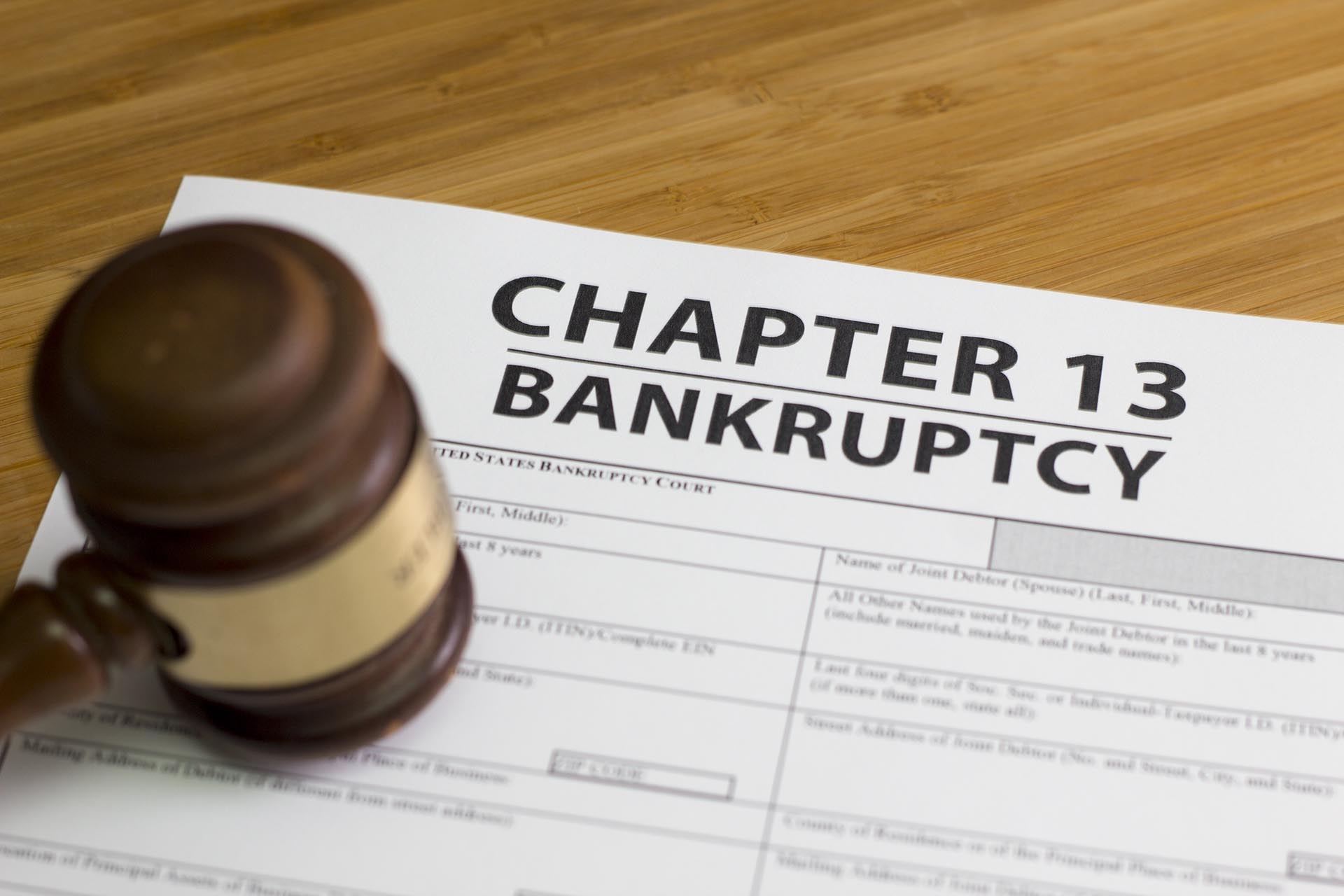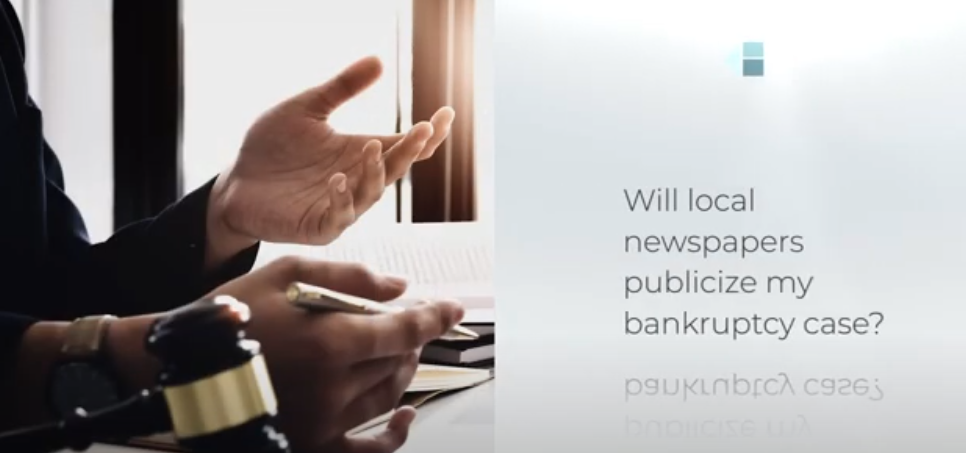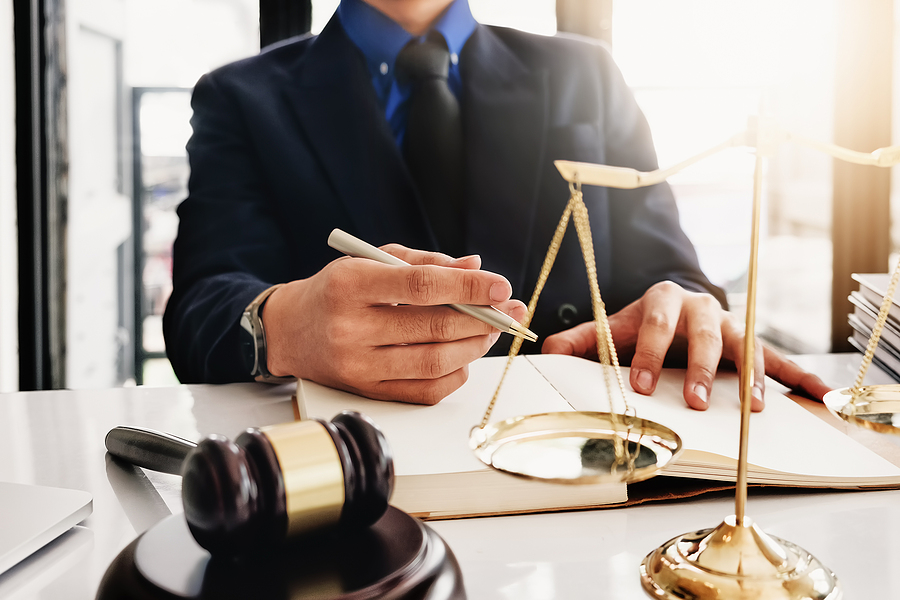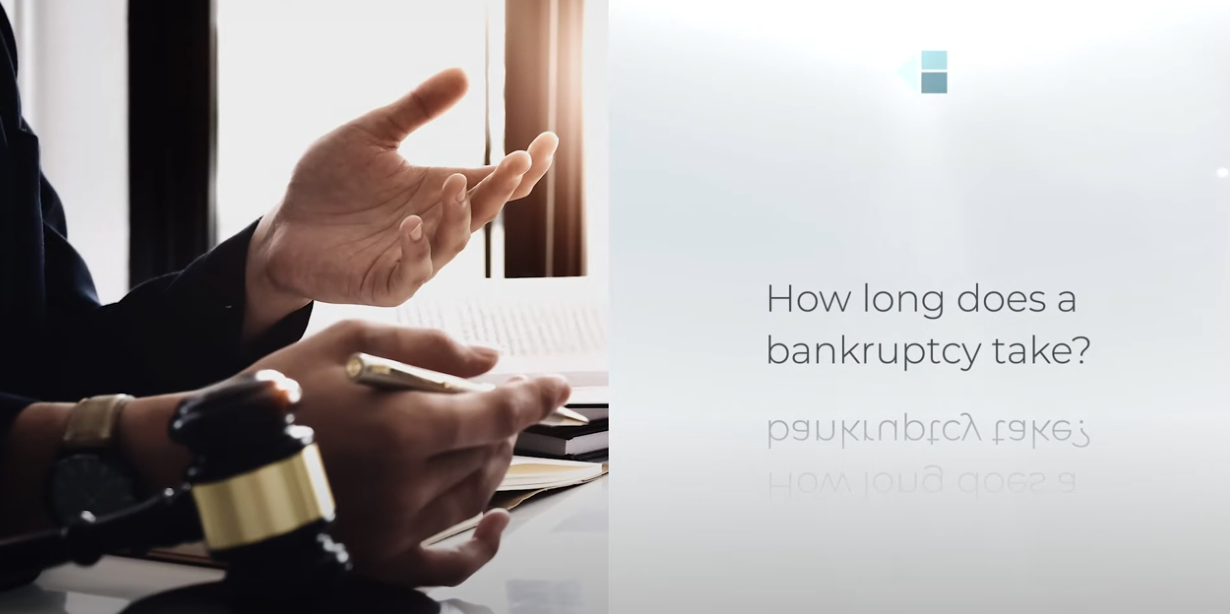If you have a business and file a personal Chapter 13 bankruptcy, your company may be affected, but not in the way that you might think. Depending on the structure of your business, your business may not count as an asset that you have to sell to pay your personal debts. This area of bankruptcy can be tricky to deal with since there are factors that can drastically change the outcome. Here is what you should know about filing Chapter 13 bankruptcy when you have a business in Minnesota.
Chapter 13 Bankruptcy Overview
Chapter 13 bankruptcy is the kind that tries to restructure your finances without liquidating all of your assets if possible. Instead, you use your assets that generate income to create a repayment plan. If you have a business, you may be able to keep the company and continue to run it. However, it must generate money for you and not contribute to your ongoing debt problem.
For this to work, your company must be an independent entity from you, like an LLC or corporation. Instead of having to sell the assets associated with the company to pay your debts, you continue to run the business and make money to contribute to your debt repayment plan.
Chapter 13 Protects Your Business Under the Right Circumstances
If your business is separate from you, it sees some protection during a Chapter 13 bankruptcy. The business’s assets don’t belong to you; they belong to the company. Therefore, they are not a part of the bankruptcy process. Your business can continue to own and operate those assets without facing a problem due to your filing for bankruptcy.
You don’t have the same protection if your business is a sole proprietorship. The business’s assets belong to you (since you are the business in a sole proprietorship. Those assets can be used in the bankruptcy process to pay debts. This is one of the reasons why so many business experts and professionals urge you to incorporate your business as soon as possible. Once incorporated, it can exist without you and gets some protection for personal financial issues.
Your business Cannot Acquire Personal Debts
For your business to be protected from bankruptcy, it has to avoid acquiring your personal debts. That means you cannot have personal guarantees against assets for the business, for example. Your business must also consistently generate positive income, for which you take a salary or regular payment. For example, you can be the owner and CEO of the company. As long as you get a regular CEO salary, you can continue to run your business. Suppose your business does not pay you regularly, though. In that case, you may not continue to be a part of that business since it is contributing to your debts.
In short, the idea is that you have a job within your company that pays you a predictable and reliable wage so that you can build a repayment plan according to Chapter 13 bankruptcy rules. Otherwise, you may need to leave that company and get a regular job, or your repayment plans can be rejected.
Discuss Your Case With a Bankruptcy Lawyer
Before you decide which type of bankruptcy to file, discuss your case with a bankruptcy lawyer. The team at Kain + Henehan can take a deeper look into your situation and show you how to protect your business and other assets. Call us at (612) 438-8006 to schedule a free consultation about a potential bankruptcy case.







